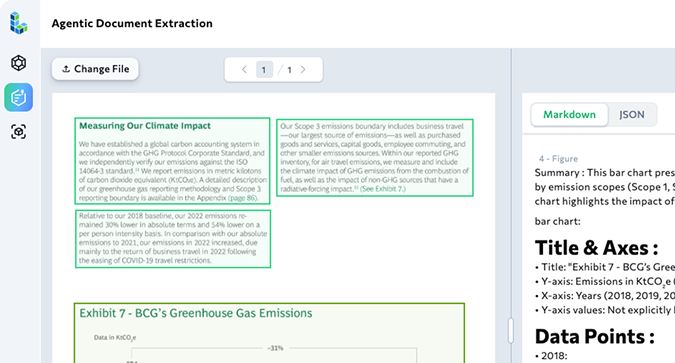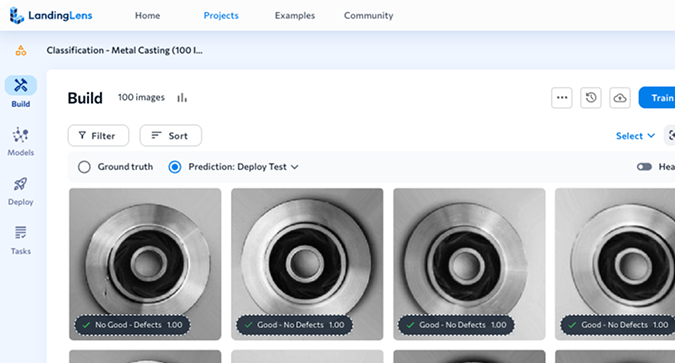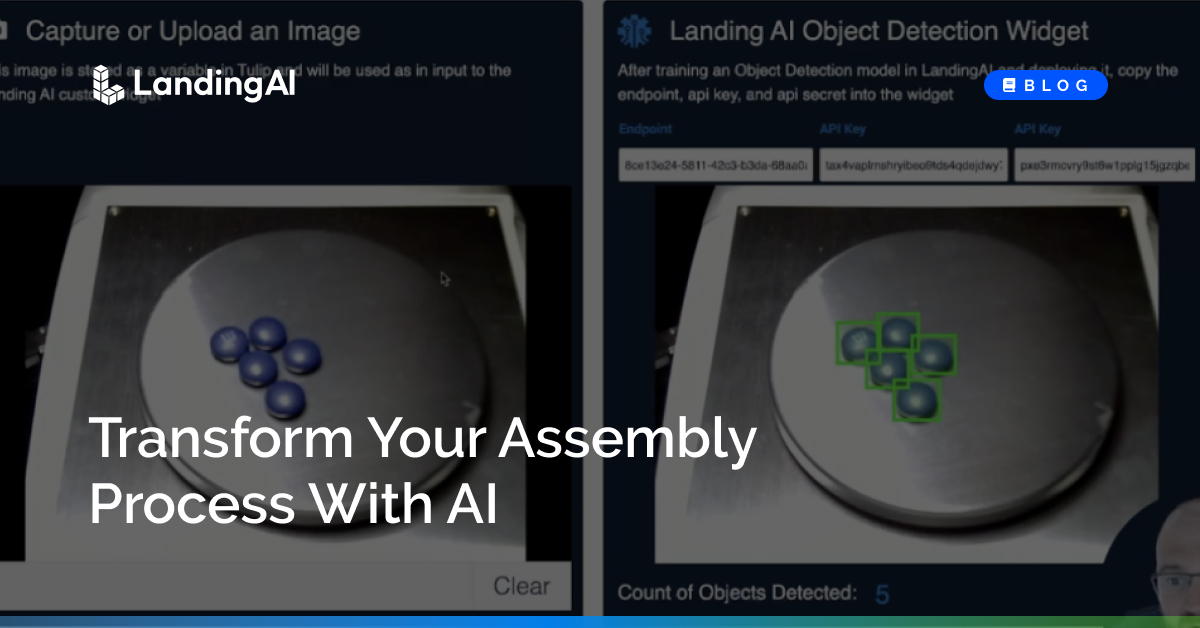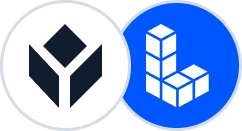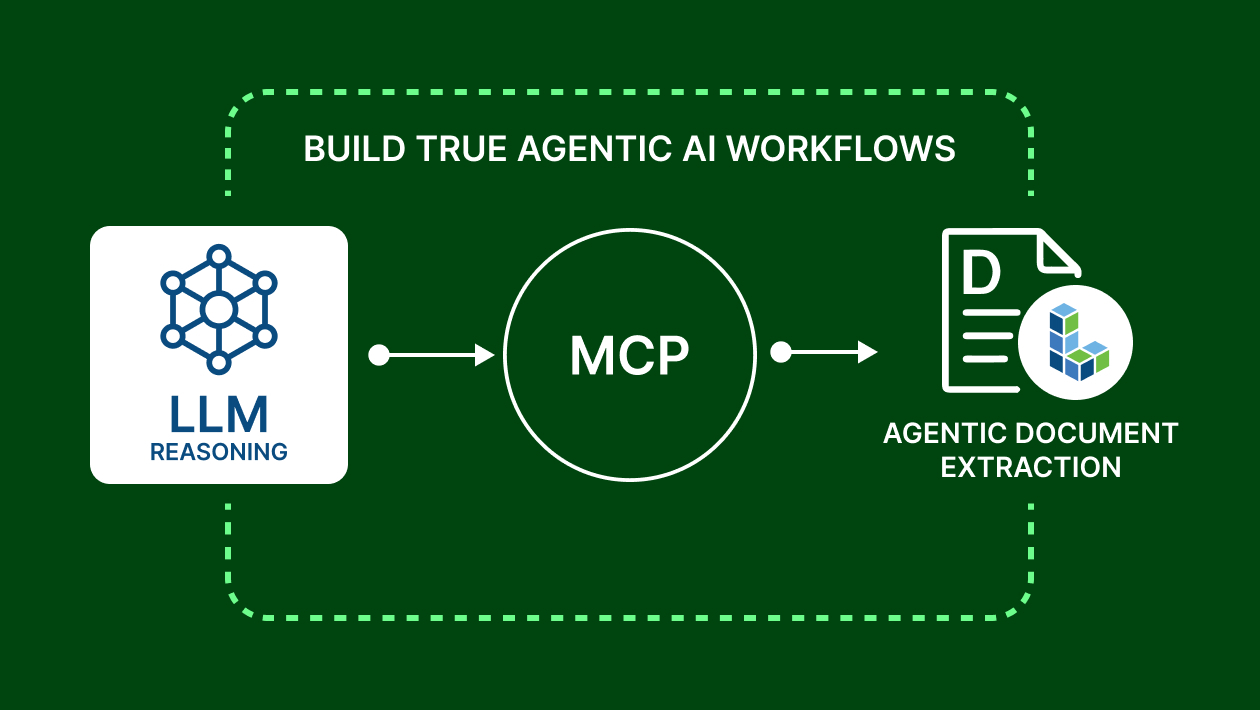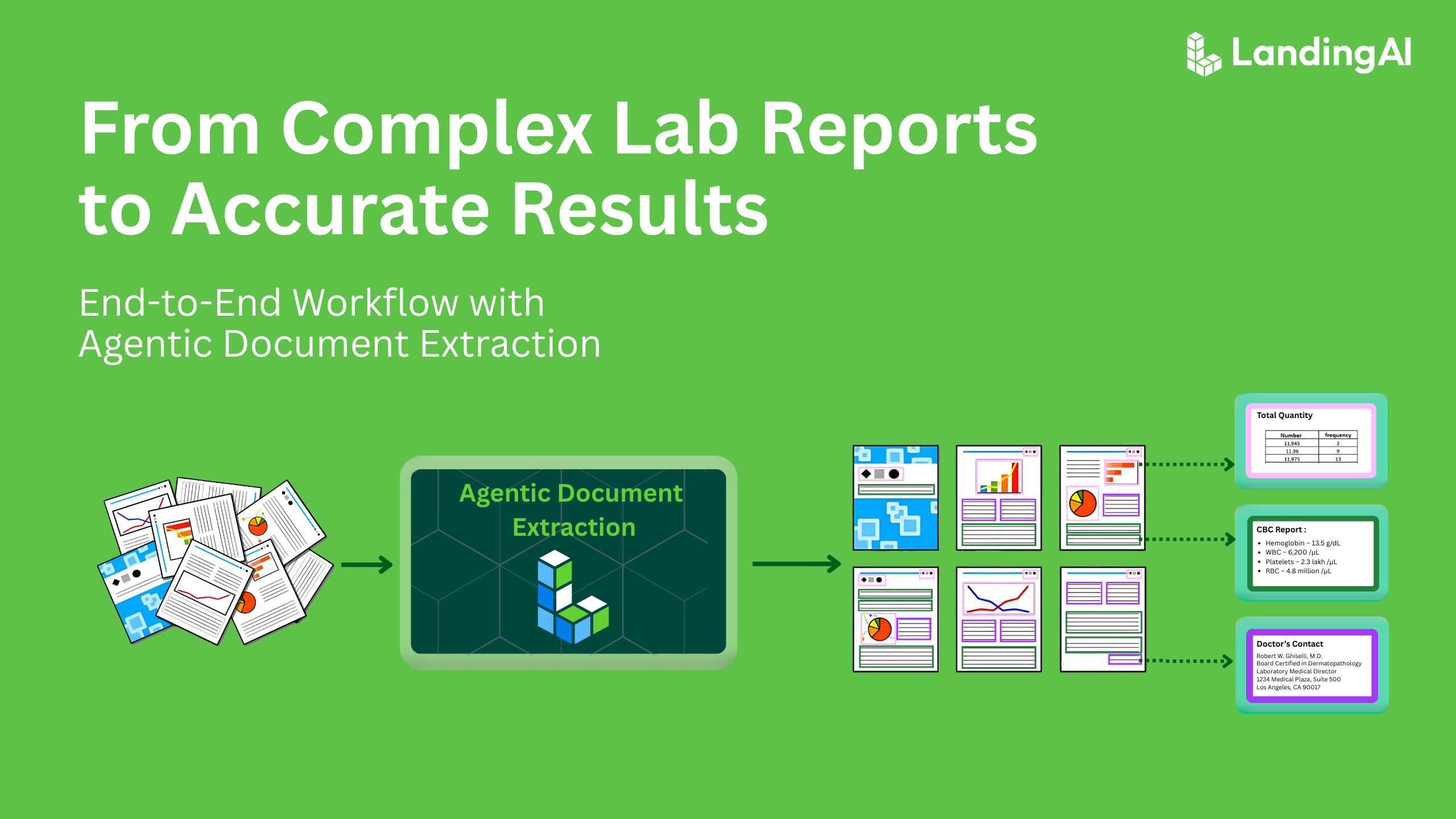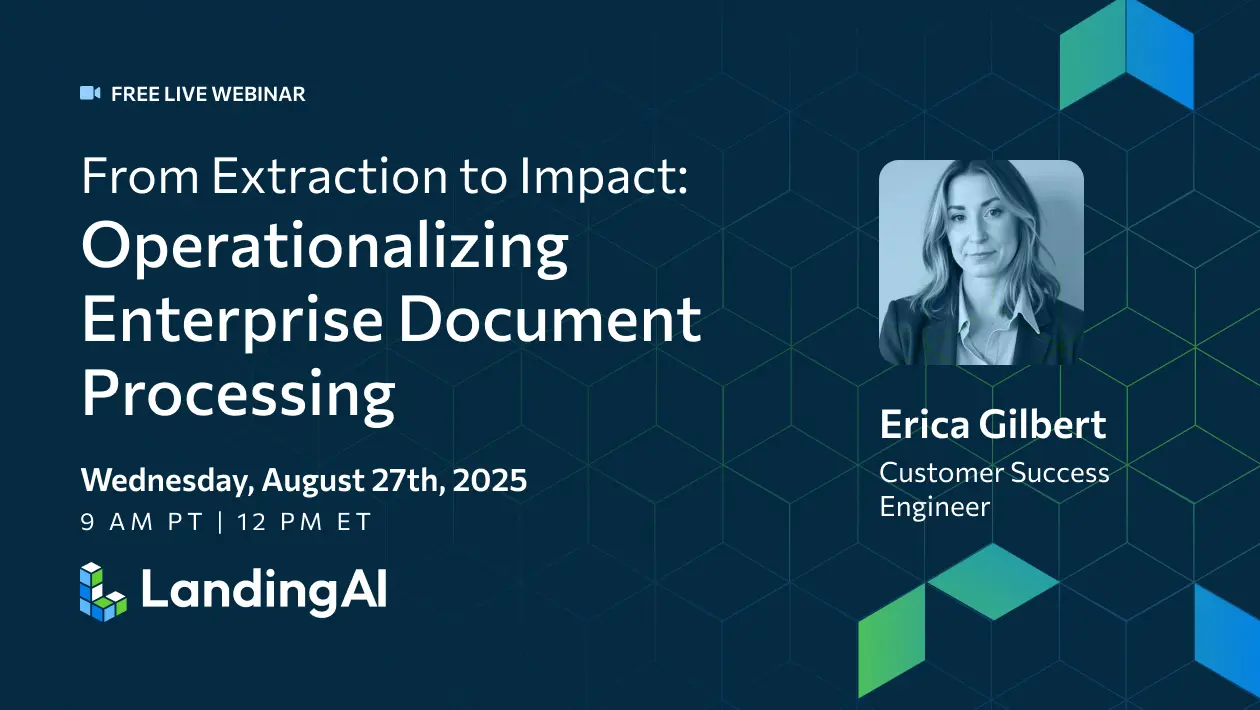Kitting is a crucial factor in the efficiency and organization of manufacturing assembly lines. It’s a common process in discrete manufacturing and involves packaging all the items needed to ship a product to customers. For many product lines, this step is often the last opportunity to ensure that products leaving the factory are high quality, contain all the correct components, and include necessary labels, stickers, and parts. However, kitting is prone to human error, with common issues including incorrect stickers, missing parts, or the misuse of similar components. By leveraging manufacturing kitting solutions, companies can improve accuracy and reduce these common mistakes.
In this article, we discuss the benefits of using LandingLens, a cloud-based computer vision platform developed by LandingAI, with Tulip, a no-code platform that enables frontline workers to create apps to improve manufacturing processes. LandingAI’s technology, combined with Tulip’s democratized solution-building platform, brings simplicity and efficiency to manufacturing kitting solutions by leveraging artificial intelligence LVMs.
Current approaches and challenges in the kitting process
For many manufacturers, kitting is a time-consuming and error-prone operation. For tool manufacturers, kitting can be vital for shipping pre-packaged tool boxes. These tool boxes can include anywhere between 10 to 150 different components. Components can be a variety of items, some of which are similar in look and size, including different wrenches and different-sized drill bits. It’s important to verify that the correct quantity and types of materials are included with the tool box.
Though kitting is usually a manual process, adopting artificial intelligence in manufacturing through machine learning (ML) solutions can improve efficiency and reduce errors. However, implementing these manufacturing kitting solutions can be both expensive and complex. Training computer vision models often require a dedicated ML team, and deploying open-source models presents its own set of challenges. Customers may also encounter difficulties integrating ML into broader operations workflows.
Tulip and LandingAI provide the tools needed to build highly customized and highly effective solutions with quick time to value (TTV) and a simple deployment processes. Both platforms provide democratized software and AI access to make building solutions easy and quick.
Use Tulip’s platform with LandingLens for a streamlined approach
With Tulip’s platform and LandingLens, a manufacturer can develop an end-to-end vision solution to help workers with processes like kitting, shipping and packaging. Building solutions with LandingLens and Tulip is simple.
One of the world’s leading tool manufacturers recently tackled these challenges by using Tulip’s platform and LandingLens. In the manufacturer’s workflow, cameras are seamlessly integrated with Tulip, and a dedicated image collection app efficiently captures and stores images in a Tulip table. The image dataset is then exported from Tulip and imported into LandingLens, where users can upload image data, annotate the data for training, and train computer vision models quickly and easily, even with small data sets.
Once models are trained, models can then be used in production via a Tulip app. Using the LandingAI Widget, images of kitted tool boxes can be captured via Tulip, sent to the user’s trained model via the LandingLens API and returned to Tulip with feedback for the operator.
Feedback can include whether all objects were detected, whether there were quality issues (including damage or positioning), and whether there were correct quantities of each component. Captured images can also be collected for further analysis. Additionally, images can provide users with a visual confirmation that tool boxes were kitted correctly, and can be used for regulatory and quality purposes. These images can also be used as data points for quality and inventory dashboards within Tulip.
Inventory Management And Traceability Application Example
Key benefits and results
Tulip and LandingAI’s combined solution brings the power of computer vision models to your frontline operations. Kitting processes within your manufacturing lines can be simplified with error-checking from the Tulip platform and LandingLens.
With the modeling capabilities provided by Tulip’s platform and LandingLen, users can decrease the total cost of ownership. Due to Tulip’s open ecosystem and connectivity, you are not limited to proprietary cameras or hardware. Both platforms provide a democratized approach to app building, making the development process simple and quick.
You can expect to see return on investment within weeks. Integrating LandingLen into Tulip applications can be developed and deployed swiftly to start improving your processes as soon as possible. Once deployed, LandingLens and the Tulip platform can empower your operators to become more efficient and less error-prone with kitting processes.
Quality will not only be improved, but tracked and managed by Tulip. Images of completed products can be captured for further analysis and quality metrics. These images can provide proof of completion for regulatory purposes.
Conclusion
Integrating artificial intelligence in manufacturing with machine vision into your frontline operations reduces errors and increases efficiency in manufacturing kitting solutions. This approach mitigates the risk of missing a component or including the wrong one. Using Tulip’s platform with LandingLens not only improves quality but also enables seamless tracking. Quality data can be captured effortlessly during operation, supporting consistent improvement in kitting solutions.
With Tulip and LandingAI, manufacturers gain all the essential components for building highly customized and incredibly effective solutions with a streamlined deployment process and rapid value realization.
Learn more at https://tulip.co/partners/landingai/ and start building your models for free today.
